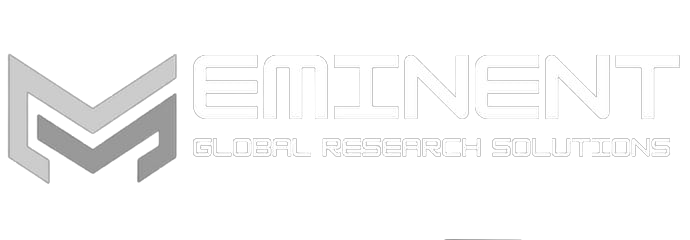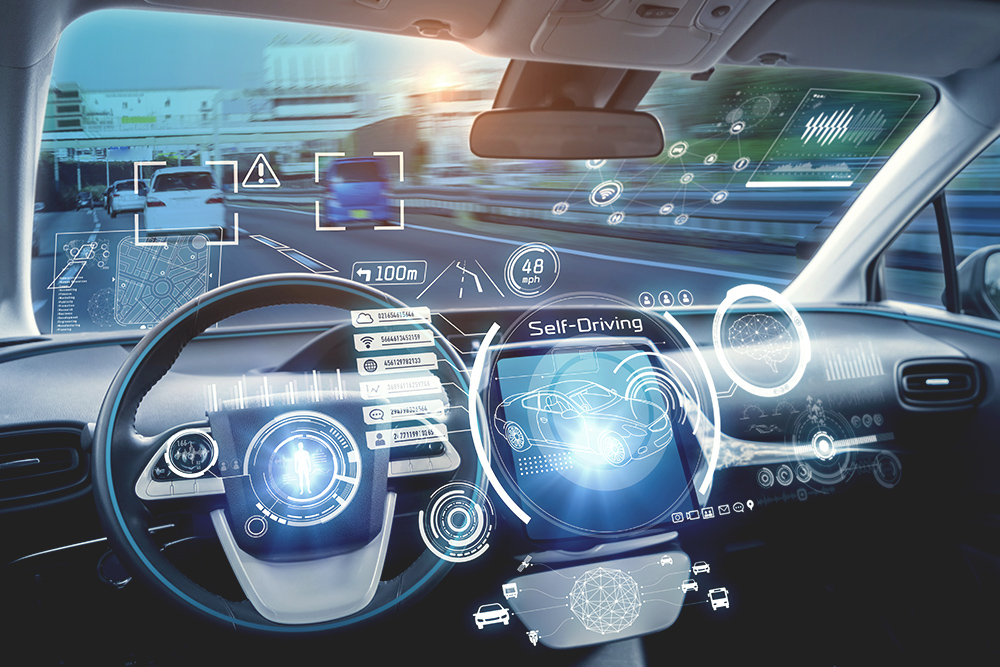Top automakers are transforming trends for 2025 with their innovative strategies. As more consumers seek autonomous driving, advanced driver assistance systems (ADAS), and better infotainment, automotive manufacturers are stepping up their game. The growing interest in electric vehicles (EVs) pushes these companies to invest heavily in research and development, as well as to form partnerships. Here’s how they are influencing the trends for 2025:
Affordable High-Performance EVs
Automakers are introducing more affordable and high-performing EVs to attract a broader customer base. Solid-state battery technology is changing the EV market by offering longer ranges, faster charging, and enhanced safety. Efforts to improve EV charging infrastructure are making electric cars more convenient for daily use.
- Volkswagen’s ID.7 Pro S achieved 941 km on a single battery charge in an efficiency test.
- Toyota plans to start solid-state battery production by 2026, as approved by the Japanese Ministry of Economy, Trade, and Industry.
Autonomous Driving and Advanced ADAS
Tesla leads the way in autonomous driving technology with its Full Self-Driving (FSD) system. Other manufacturers are enhancing their ADAS to create smarter and safer driving experiences. These innovations are changing the concept of driving today.
- Mercedes-Benz has received approval for 95 km/h Level 3 autonomous driving in Germany.
AI in Automotive Innovation
Artificial intelligence is transforming the automotive industry. It streamlines vehicle design, boosts manufacturing efficiency, and personalizes in-car experiences. Over-the-air (OTA) updates and partnerships with companies like Google and Apple help create user-friendly digital experiences for drivers.
- Hyundai Motor Group has teamed up with Google to enhance software capabilities for future mobility.
- The new Mercedes-Benz MBUX virtual assistant uses AI for more human-like interactions in infotainment.
Focus on Sustainability and Carbon Neutrality
Automakers are striving for carbon neutrality by using eco-friendly materials and sustainable manufacturing. Increased recycling of materials and bio-based plastics helps lessen the industry’s environmental impact, aligning with global efforts to tackle climate change.
- Volvo will launch its fully electric EX30, utilizing 25% recycled aluminum and 17% recycled steel and plastics.
- Toyota aims to increase the use of recycled and bio-based materials in manufacturing without compromising quality.
Hydrogen Fuel Cells for Commercial Vehicles
Companies like Toyota and Hyundai are advancing hydrogen-powered trucks and buses, conducting trials to improve fuel-cell technology. These efforts seek to diversify energy sources and provide cleaner options, especially in commercial transport.
- Hyundai has rolled out XCIENT Hydrogen Fuel Cell Trucks for cleaner logistics.
- Toyota presented the #32 ORC ROOKIE GR Corolla H2 Concept, a hydrogen-powered vehicle using liquid hydrogen.
On-Demand Mobility and Smart Cities
Car-sharing, ride-hailing, and subscription services are becoming increasingly popular as people seek convenient mobility options. These services connect with smart city systems, enhancing urban transportation and changing how residents move around.
- MOIA and Volkswagen are testing self-driving ride-sharing in the busy streets of Hamburg.
- Toyota is set to introduce self-driving shuttles in Woven City, where construction of the first phase is already finished.
EVTOL Aircraft and Urban Air Mobility
Electric vertical takeoff and landing (EVTOL) aircraft are close to becoming commercially available, with successful test flights indicating a promising change for city travel. This advancement could make getting around cities faster and more efficient.
- Hyundai’s Supernal division has successfully conducted multiple test flights of EVTOLs, proving its readiness for air mobility.
- Toyota has boosted its investment in Joby Aviation to support EVTOL aircraft development for commercial use.
In 2024, automakers are adapting to changing consumer needs and laying the groundwork for a sustainable and innovative future in transportation.
The automotive industry is transforming through technology, changing consumer habits, and the need for sustainable practices. Leading companies are electrifying vehicles with affordable EVs, advancing self-driving technology, and focusing on sustainability with cobalt-free batteries and recycled materials. This shift is setting new standards for innovation and responsibility. The market is expected to reach $321.3 billion by 2030, offering significant opportunities for manufacturers to reshape mobility.
To succeed in this evolving environment, collaboration, investment in research and development, and readiness for future technologies will be crucial.




